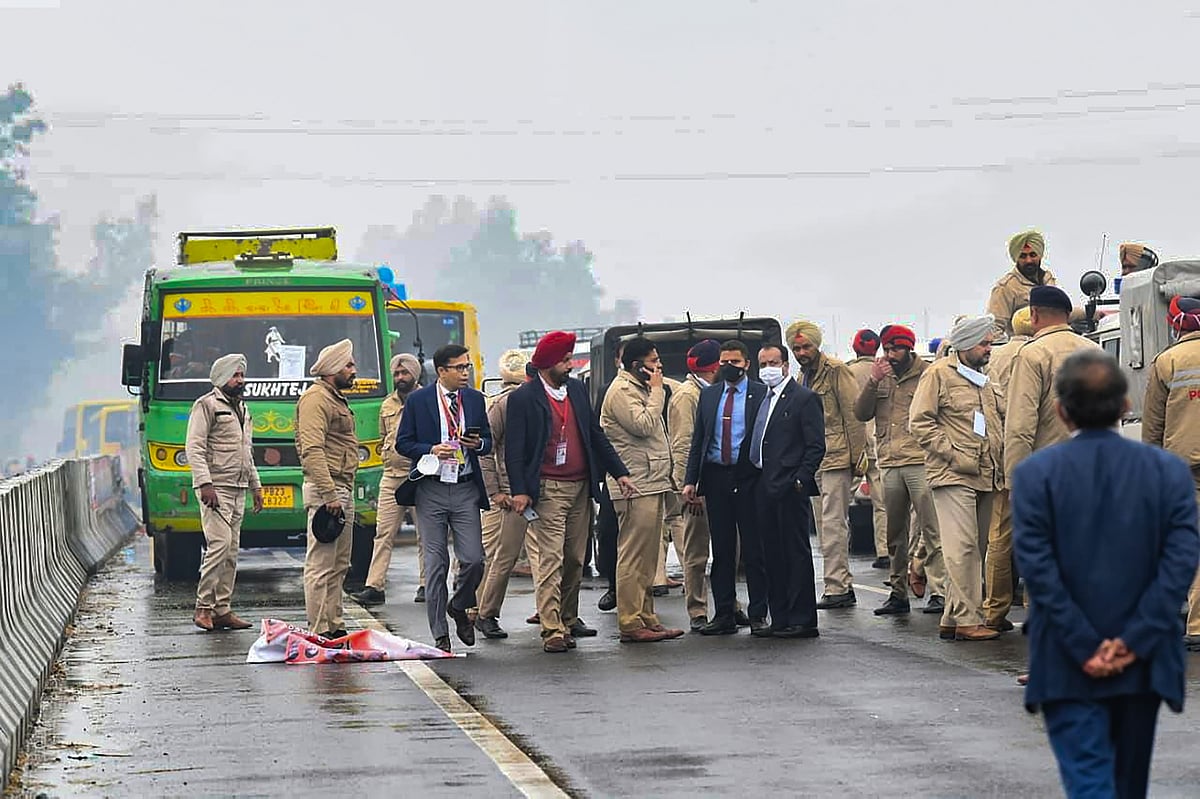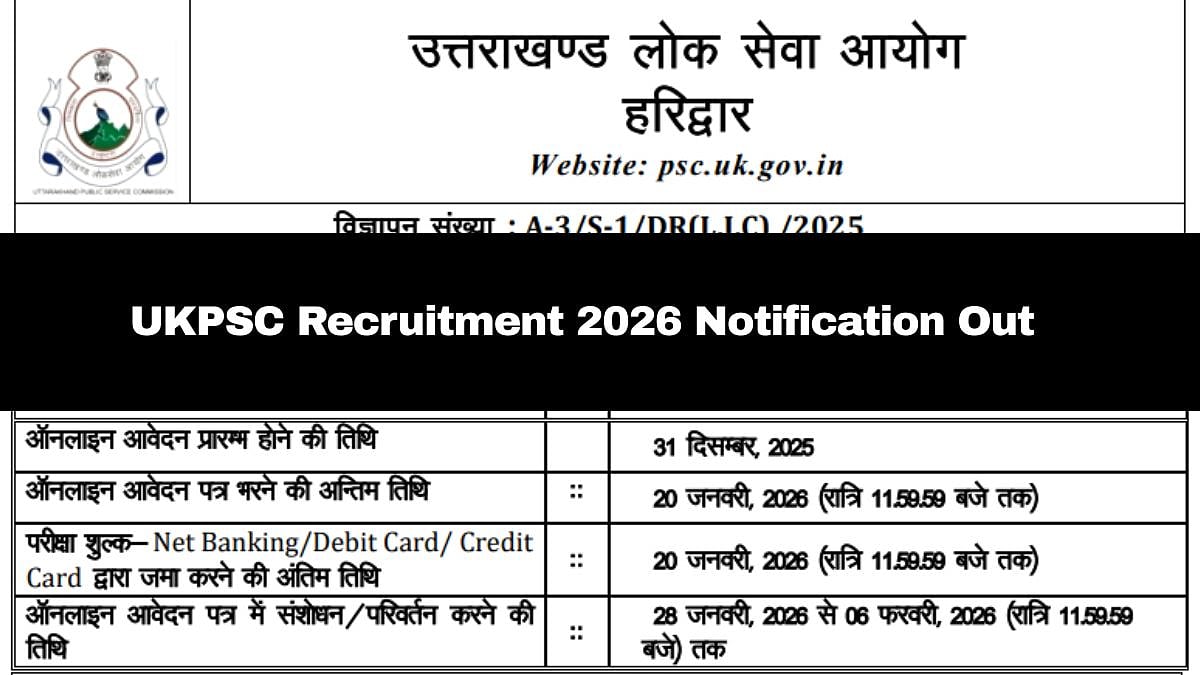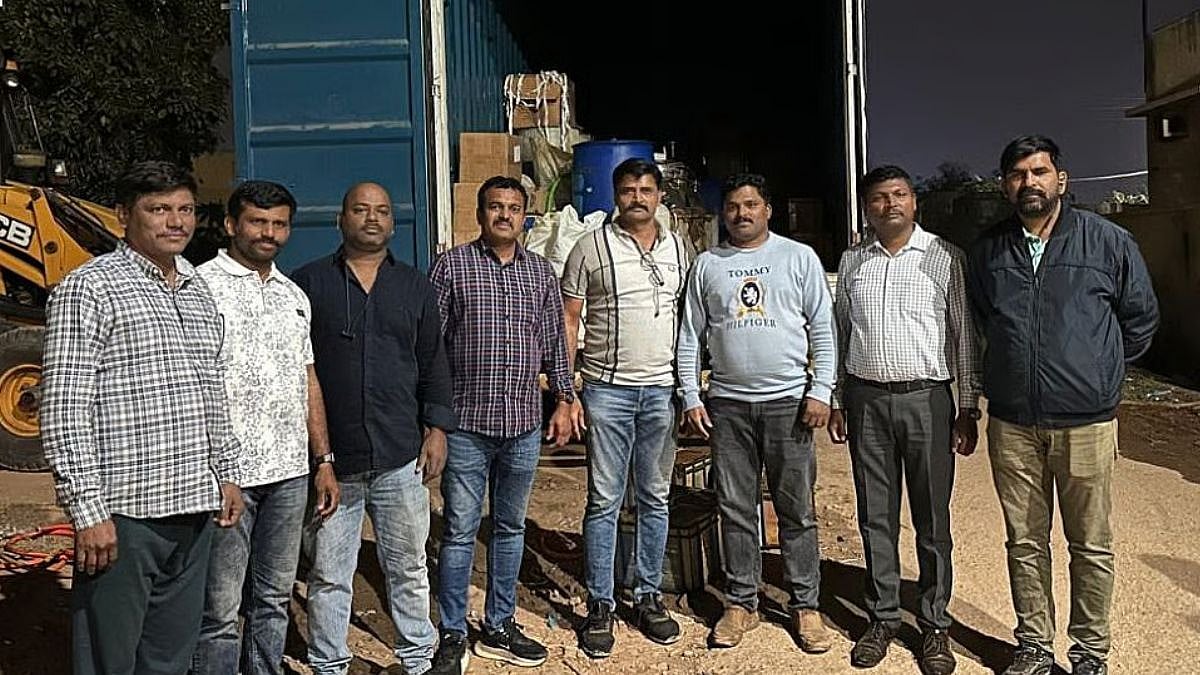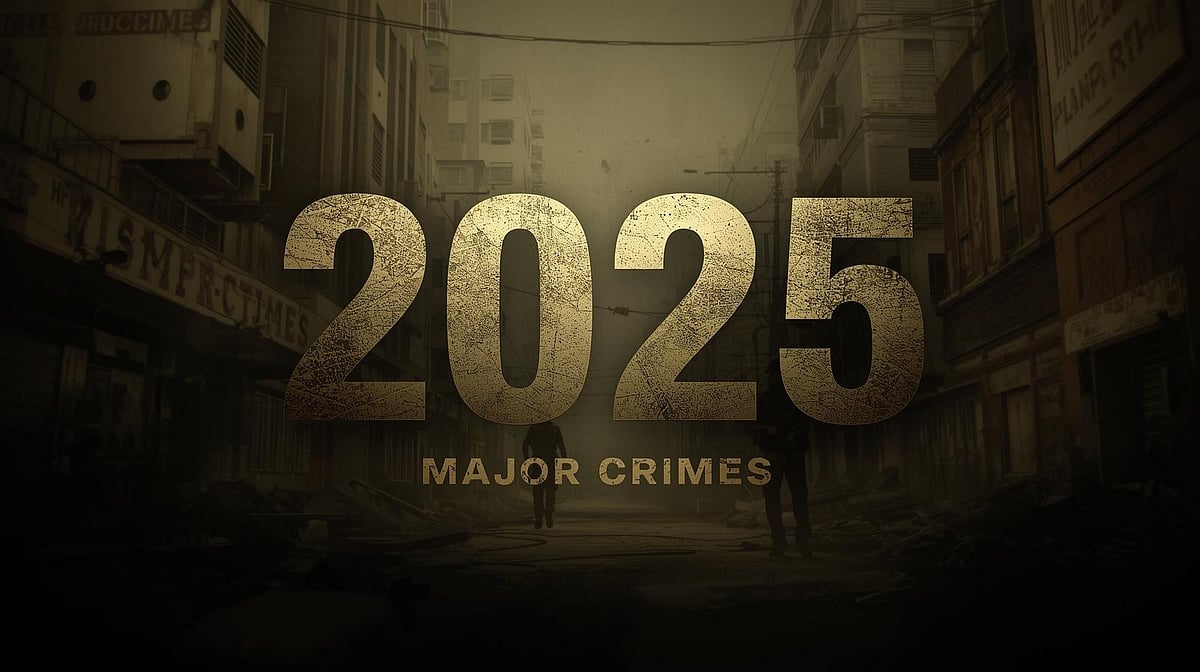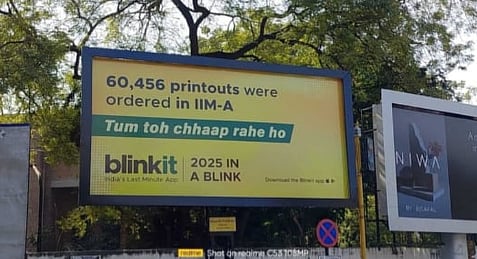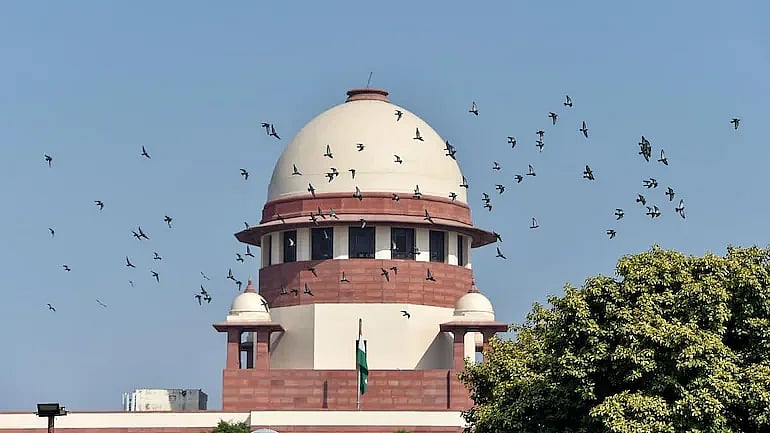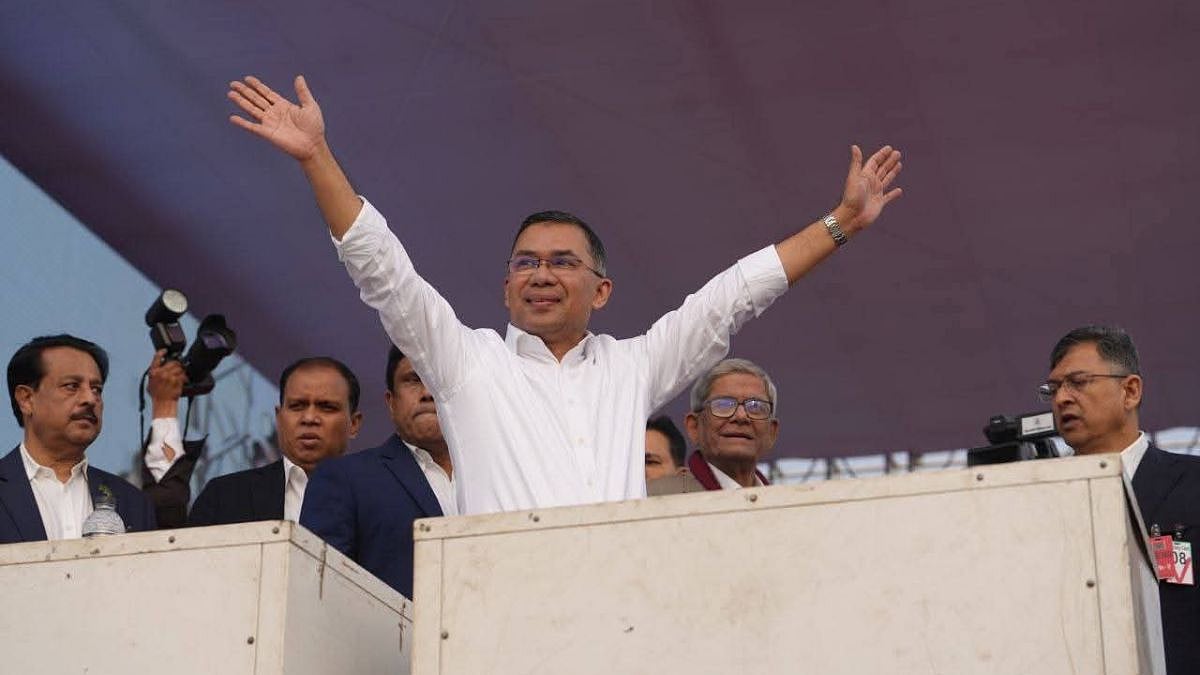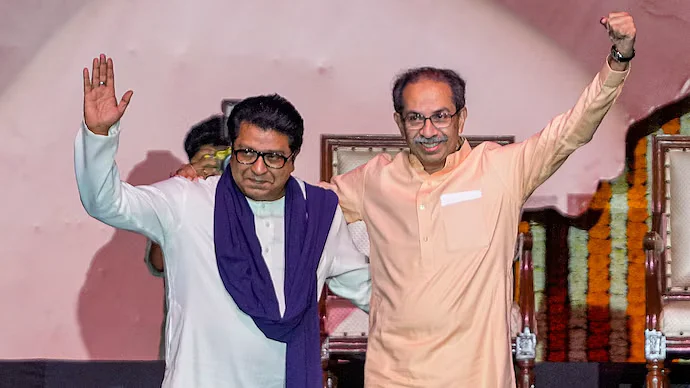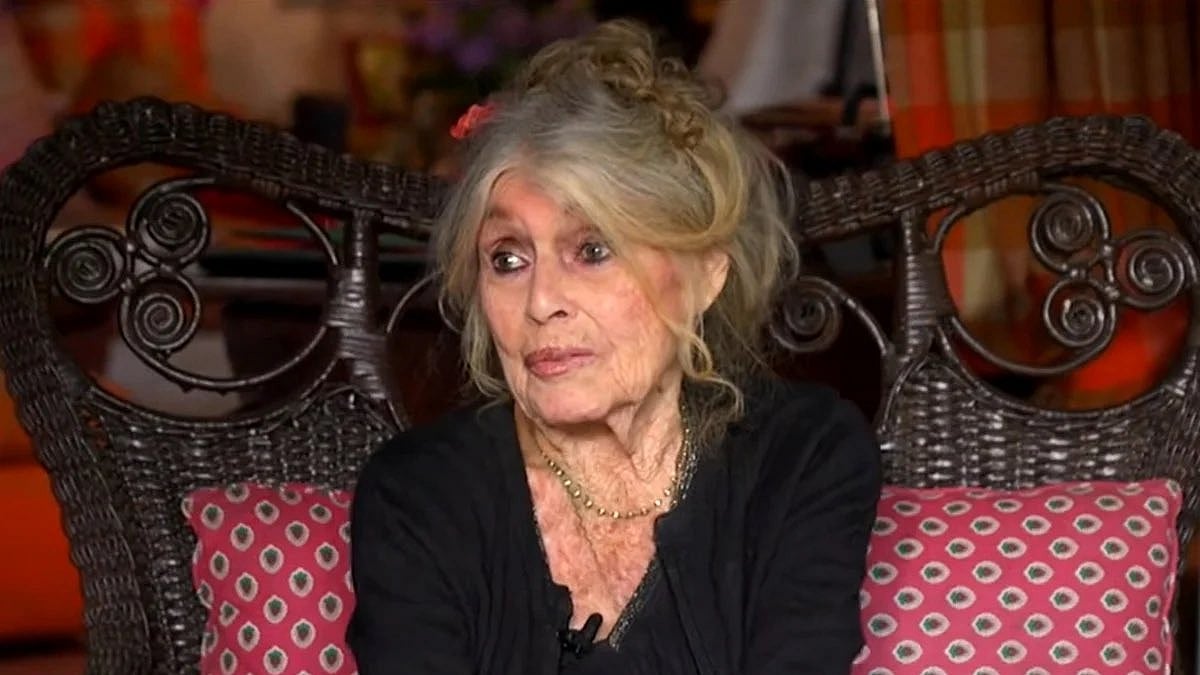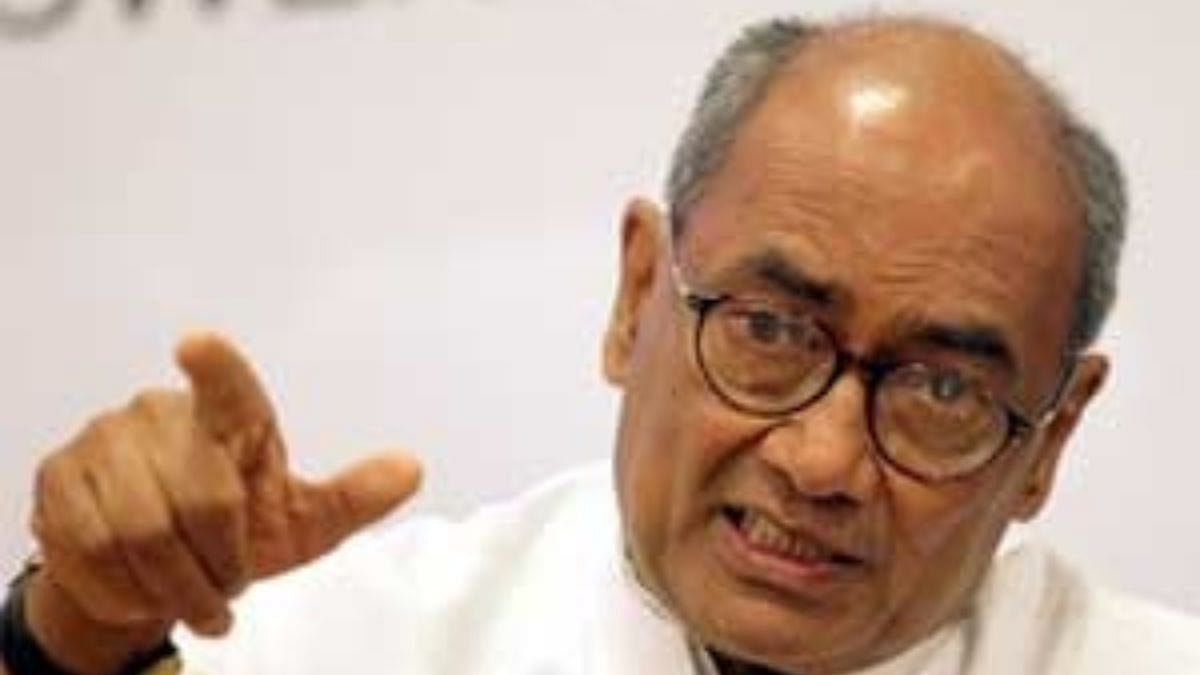A huge controversy has broken out over Prime Minister Narendra Modi’s motorcade being held up shortly on a flyover, near Ferozepur, Punjab. Whereas anything that compromises the security of the top Indian leadership is highly condemnable, framing it as an attempt on the Prime Minister’s life is hyperbolic.
As a general principle, VVIP motorcades must be kept moving, as a stationary vehicle becomes a sitting target. But dignitaries themselves have been known to sometimes break protocol and stop to meet supporters holding flowers etc. Guidelines and rules regarding the movement of dignitaries by road, rail, sea or air are now almost globally identical. The evolution towards tighter control of public movement and other protective measures evolved from the 1960s.The assassination of President John F Kennedy in 1963 in Dallas, riding in an open convertible car, rattled the protectors. Thereafter, with global anti-Vietnam war public protests, even President Lyndon Johnson’s motorcade in Melbourne was attacked with paint by protesters. Earlier, the then Vice President Richard Nixon had his car surrounded by a Leftist mob and almost overturned in Caracas in 1958. However, the Secret Service agents remained composed and countered the mob with palms, not fists and bullets, while a press truck ploughed open an exit route.
But the world changed after US interventions in Kuwait in January 1991, followed by the terrorist attacks on the US on September 11, 2001. Two decades of US military presence in Afghanistan and Iraq only complicated the security scenario. India had been facing a threat from Pakistan sponsored terrorism since the 1980s. Thus, the new protocols for the safe movement of top leaders have been universally modified to counter the new dangers. With the assassinations of Prime Minister Indira Gandhi by her own guards and former Prime Minister Rajiv Gandhi by the LTTE, the protocol got only tighter when the Special Protection Group (SPG) was created for the security of the top leadership and their families.
The Punjab security lapse needs to be viewed against this background. It also needs to be contextualised. Elections are at hand in Punjab. The BJP’s decades-old alliance with Akali Dal broke over the three farm laws, rammed through Parliament without proper debate or even voting. After a year-long agitation, initially spearheaded by farmer organisations of Punjab, Prime Minister Modi announced a retreat and annulment of the three Acts. The BJP then began unfurling its new Punjab electoral strategy, based on polarising the vote along the communal and urban-rural divide. Wisdom demanded the application of balm and the quick addressing of the remainder of farmers’ issues. But the BJP chose defections, promised announcements and packages for Punjab to try forming a BJP government.
For the PM’s first visit to Punjab after the farmers’ protests, the BJP chose Ferozepur, in the Malwa region, which holds 69 of the 117 seats. But it is not an area where the BJP is traditionally strong. Having inducted into the party former Congress minister and erstwhile Captain Amarinder Singh protégé Rana Sodi, who hails from the Ferozepur area, the BJP felt local crowds would magically appear. That did not happen. Additionally, some farmers’ organisations had decided days earlier to disrupt the PM’s programme. They had setup roadblocks to keep the BJP from busing supporters from other areas like Hoshiarpur and Gurdaspur, where their electoral strength is greater. To complicate the scenario, rain had been predicted and arrived in heavy doses.
The BJP had placed 70-80,000 chairs but barely one-tenth of that number turned up. Rain grounded the PM’s helicopters which were to take him first to the national memorial at Hussainiwala, where freedom struggle martyrs Bhagat Singh and his associates were cremated. This is nearly 120 kilometres from Bathinda, where the PM’s plane landed from Delhi. After a wait, it was decided to take the PM by road to Hussainiwala and then the rally venue, on the opposite sides of Ferozepur.
Thus commenced the missteps. Some farmers’ groups had been pacified by Minister G Shekhawat and the Punjab government by promising an appointment with the PM later. But odd groups of farmers still blocked the buses of BJP supporters. With the bulk of the road journey through rural areas or semi-urban small towns, some with flyovers, it should have been foreseen that even a small group of protesters could cause a disruption at any point, especially at the exit points of flyovers. Punjab Police should have secured these points. While CM Punjab C S Channi excused himself from being in Bathinda pleading Covid-force disolation, it is surprising that his deputy, who controls the police, was also missing.
Whether it was the extremely thin crowd at the rally or genuine concern over Punjab Police’s inability to guarantee the PM’s security, the trip was called off. But the PM and then the BJP taking the line that the PM escaped a genuine threat to his life is unbecoming of India’s PM. Unarmed protesters venting their ire are hardly a threat to the PM’s life, especially when so far, they have been protesting peacefully. The Punjab government has ordered an enquiry. The Centre may react in one of many ways. It can impose President’s rule. Ask for action against the police chief and deputy chief minister. Or prefer to let enquiries settle the matter. But with the elections being near, the PM must decide whether to be a statesman or partisan party rabble-rouser.
